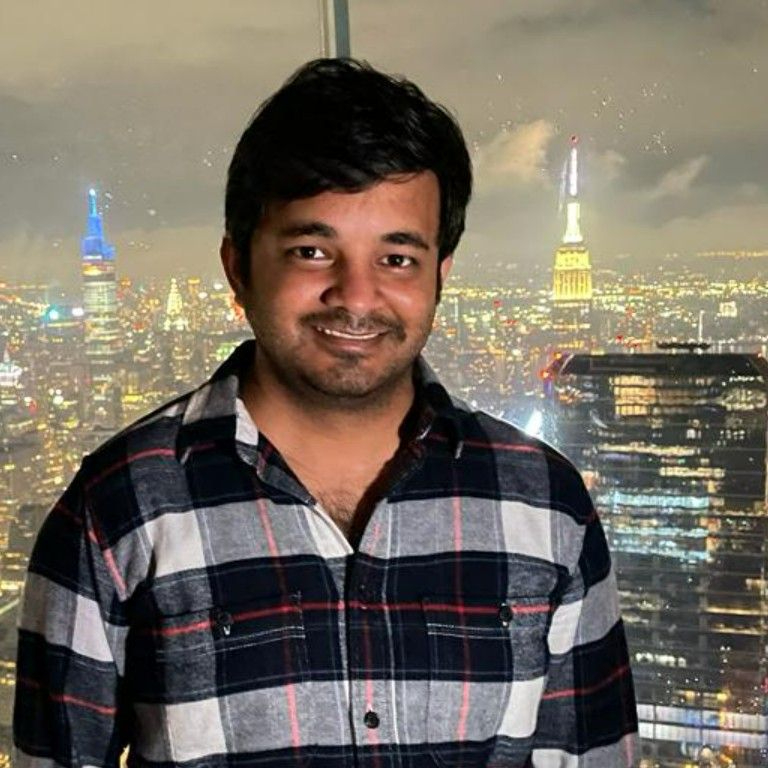A Brief Journey Through Hacker Hell
Dec 11, 2022

Business Intelligence lead and data migration specialist. Expert at handling massive datasets at large enterprises
Business Intelligence lead and data migration specialist. Expert at handling massive datasets at large enterprises